Professional Spanish translation for the travel and tourism industry
English / French to Spanish
Why translate tourist information
“Beautiful hotel in a beautiful setting. Would have been a 5/5 review but we weren’t informed all the tours of the vineyard were only in Spanish (part of the deal). All information in the room was also in Spanish. […] Despite our lack of ability to speak Spanish we had a great time and the staff were friendly and helpful.”

I can translate your web copy, blog posts, clients reviews, brochures, catalogues, leaflets, signage, rental information, restaurant menus, and help you get a 10/10 review!
Why work with me
Tourist information can be overwhelming:

It does not have to be! As an experienced teacher, I’ll translate or write your copy in clear, well-organised Spanish and offer museum and information centre visitors a smooth learning experience.
Spanish translations you can trust:

To understand your business and your market and be able to speak to your customers, I attend relevant events. For example, the 2021 FoodTrex Global Summit on Sustainability in Food and Beverage Tourism where I learnt about potential tourism niches and marketing techniques.

- the tone of voice is carefully studied
- the information is clearly presented
- the subtle nuances are preserved
- the cultural gaps are bridged
- your copy resonates with your new Spanish audience
Testimonials:
“I love how naturally you’ve added clarification and advice, the terminology, the tone, and how you’ve renamed the paragraph titles so they make more sense – everything.” Rosa, tutor at Trágora Formación
“Usually I have to explain to students the history of [traditional British dish] with an article that helps understand its history and evolution. Not this time!” Rosa, tutor at Trágora Formación
“This is brilliant. I think all the alterations you made make it read much better.” George, tour guide at Salisbury cathedral
Food tourism
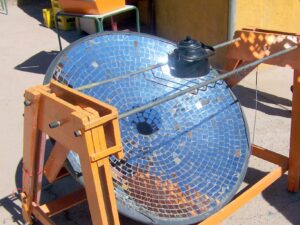
Brought up in Galicia, north west Spain, I spent half my life in the UK before returning home. I’ve visited various Latin American countries and Spanish cities outside my region, each with their traditional cuisine. I’ve also visited France, Italy, New Zealand, Portugal and Brazil.
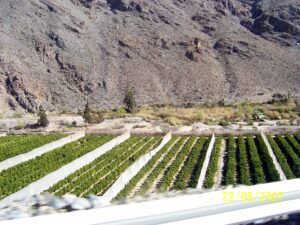
Food is not the only memory I have of these places, but the oasis of crops flourishing in the Elqui Valley in Atacama, the driest desert in the world, and the scrumptious olives tasted in the fertile Azapa Valley are hardly forgettable.
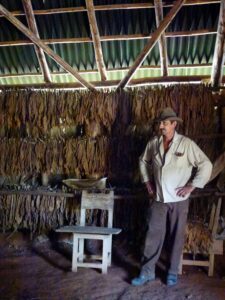
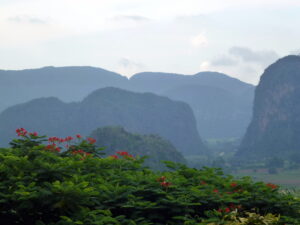
Cuba was vibrant, multicultural, full of music, particularly Santiago. We visited tobacco and rum factories, fell in love with the sensual mogotes in the Viñales valley and with the many colonial towns, especially Trinidad and Santiago.
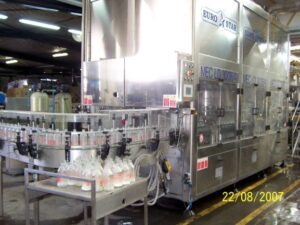
In Chile, we tasted sweet pisco, visited a boutique vineyard in Santiago and admired the Andes and the homes of Nobel prizes Mistral and Neruda.
The Valpolicella we drank in Corte San Mattia agriturismo in Verona and the Sol de Sol we bought in Viña Aquitania and sipped watching the night skyline of the city on stilts (Valparaíso) made for unforgettable memories.
The empanadas we devoured on the hills of Santiago de Chile were tasty and warming, but different in texture and fillings to Galician empanadillas and to Cornish pasties, a reminder that there are no exact equivalents in food translation.
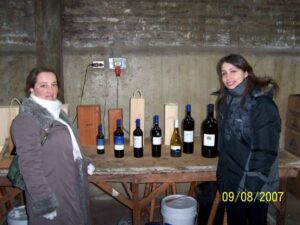
Travelling alone in New Zealand, a smoky māori hangi warmed the cockles of my heart one cold night, and the green-lipped mussels I cooked at a backpacker’s in picturesque Picton were the first ones I ever saw.
The kuchen and colonial museum in Frutillar, Puerto Varas, were exciting discoveries, and I could go on but…
Tell me about the memories you want to sell.
Other services
Spanish to English and English to Spanish interpreting services for fairs and meetings
English and French to Spanish marketing translation services for food and drink business
English and French to Spanish book translation services for publishers and authors